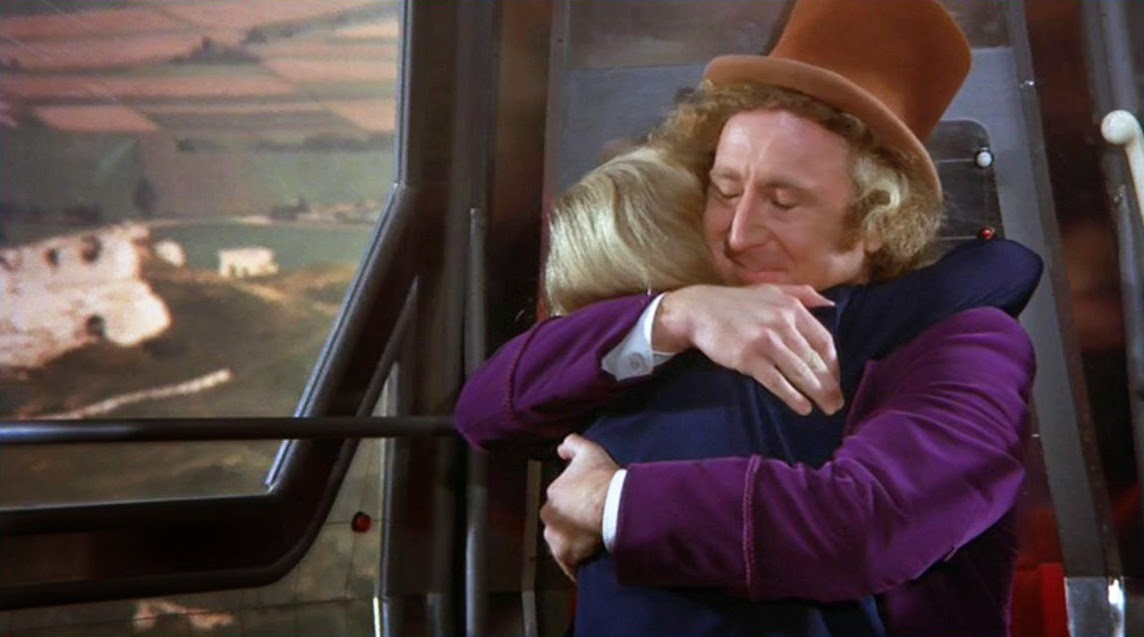
Whoever wants to understand the gravity of what happened in Noisy-le-Sec must read my book Exodus from the Lighthouse (Dutch). A free outdoor screening of Barbie had to be cancelled because fifteen religious youths terrorised the event. Their argument: the film 'promotes' homosexuality. The Public Prosecutor's Office in Bobigny, France, has launched an investigation due to threats of violence if the film were shown.
By Dina-Perla Poortnaar
The screening was part of a summer program for residents of disadvantaged neighbourhoods, where locals voted on which film would be shown. But the choice of Barbie clashed with the convictions of a small religious group.
'Normalising homosexuality and misrepresenting women' was reason enough, according to Mayor Olivier Sarrabeyrouse, for these fundamentalists to explode. Yet these fifteen young people could have stayed away and respected the majority's choice. Instead, intimidation prevailed. By this incident, Barbie suddenly defines the normative boundary: the line between cultural freedom and religious coercion.
Let's be clear: it doesn't matter which religion is at play. If the Spaghetti Monsters were currently imposing submission and expansion, I would feel the same. All fundamentalist systems share mechanisms of control, and from a humanist perspective, they must be condemned.
Shadow sides of religion
This is also why we should worry about the state of Israel: because the shadow sides of religion are still alive there. People should be able to live safely in pluralism, but what we see instead is religion pitched against intensified religion, leading to endless war. These dynamics are devastating for humanity.
It's also a reason to support Israel's existence: so that the conflict remains localised, instead of spilling over into societies where spoiled nitwits have no idea what religious coercion means. They think it's about headscarves or modest fashion at Primark. But it's far more serious. It's about public space being claimed and dictated by dogma.
Even worse than patriarchal structures inside closed communities, where female freedom is systematically suppressed, is when such coercion becomes a public demand. Protesters in our liberal societies often underestimate what generational dogma does when it's enforced collectively. The Barbie incident shows exactly that.
Patriarchy, intolerance, and dogma are still alive
The incident is a warning. Free culture mustn't be a luxury or privilege for those who conform. It's a fundamental right that challenges the limits of religion and ideology. How long will politicians continue to look away as forms of religious oppression escalate? If a movie like Barbie has already become a battlefield, patriarchy, intolerance, and dogma are still alive, and the public sphere has become the frontline.
What's the fuss all about?
Excerpts from Exodus from the Lighthouse
The producer who adapted Exodus from the lighthouse into a docu-series once called it a coming-of-age story. I prefer to call it a lesson in religious coercion. Three excerpts illustrate what it means when dogma claims everyday life:
School repression
Once, during class, Nadine was scribbling in her planner behind her binder. The teacher yanked it away and found a diary with stickers of pop stars and notes from her boyfriend. Enough reason to expel her. In front of everyone's eyes, she received a hard slap across the face. Then all the girls' planners were checked. Mine was full of Donald Duck stickers. "Be careful. Nudity is a sin. Do you see that with Minnie Mouse?" the teacher said, pointing at Minnie's skirt blowing up. I nodded. As a girl, I learned to smile at things I didn't believe in, but had to survive.
Domestic control
In a side pocket of my suitcase, we found a friendship book. My classmate Petra had written: "big kisses." My mother cursed, took scissors and cut out the page, then altered the French text with a marker into a "modest" version. Behind my eyes, everything went black. This was how control entered even the smallest corners of life.
Patriarchal systems
Soon, I realised that nothing was ever spoken of in the devout community. Appearances had to be maintained so girls would remain "marriageable." Men avoided women in public, buses were segregated, and curtains split parties. I felt suffocated. How could this be the only proper way of life? Was this not created by men? Shouldn't diversity be God's intention?
These fragments show the logic of coercion that underlies religious fundamentalism. What starts with a sticker in a planner or a censored friendship book grows into systems that dictate women's dress, movement, and choices, eventually shaping entire societies.
Late into the night, as a teenager, I would secretly tune in to pop radio stations and write. Writing became my way out of a prison built from dogma, a way to breathe in a world that kept telling me how to live. That's why the cancellation of a public screening of Barbie matters far beyond France. It's not just about a film.
It's about whether pluralistic societies defend cultural freedom against intimidation. When fifteen youths can terrorise a neighbourhood into submission, Barbie suddenly becomes the frontline. The question for all of us is simple: do we bow to dogma, or do we rise for freedom?
Dina-Perla Portnaar is an Amsterdam-based writer, public speaker, and advisor working at the intersection of ethics, storytelling, and critical thinking. Find more of her here.






